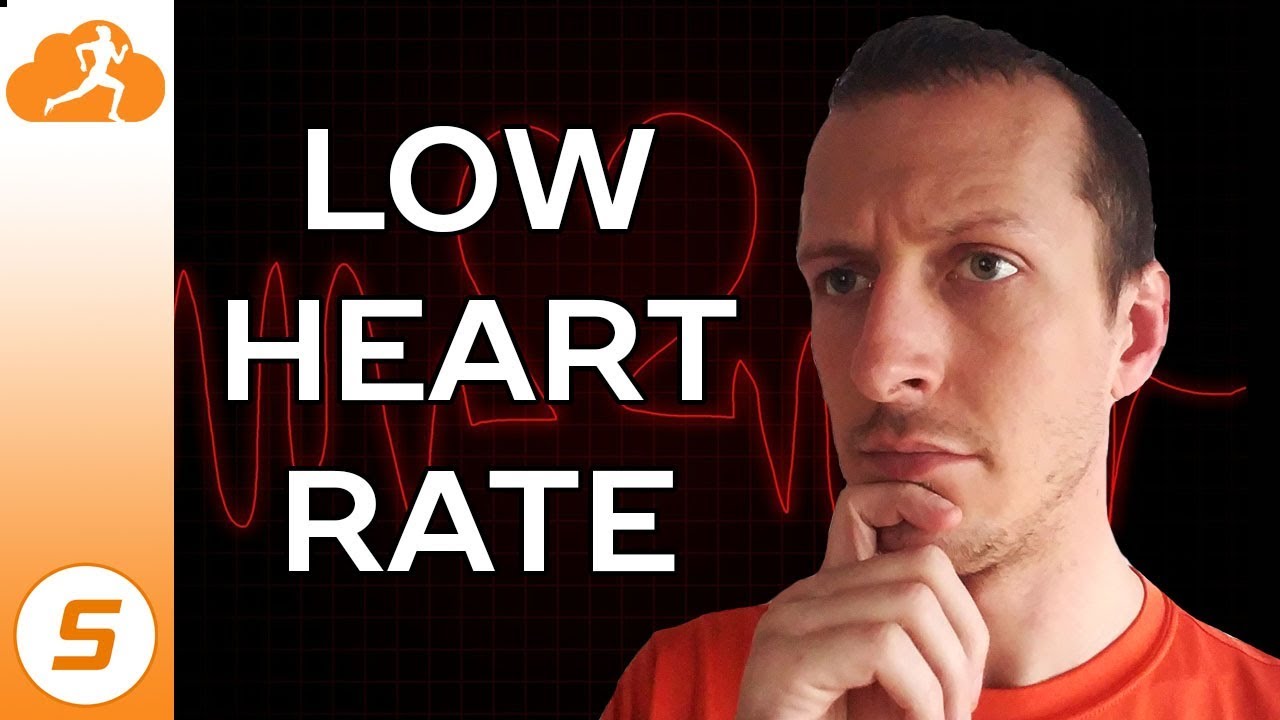One of the hallmarks of being a well-trained runner is having a low resting heart rate. I know in college among my teammates is actually this sense of pride to have a low resting heart rate, that kind of weird sense of bravado to be the one with the lowest heart rate. Just a weird measure of pride, I guess. I'm Jesse Funk and on today's episode of Runner’s High, we're going to talk about resting heart rate, and can it be too low.
So, when we're talking about resting heart rate, we want to know what are the average parameters for most people. And there's actually a pretty big range here. Typically, a resting heart rate between 60 and 100 beats per minute is considered normal for the average person. But you know, as a runner, that doesn't necessarily apply to you. Anything below 60 is termed as low or Bradycardia, that's the kind of medical term for a low heart rate.
If you've had the unpleasant experience of being in a hospital, and you are a runner with a low heart rate, then you know about the constant beep of the machines that are monitoring you saying your heart rate is too low, and how painfully annoying that is. And at the same time, you get the doctor saying, well, it's no big deal, you're a runner, this happens. And you get to continue to listen to the beep anyway.
What actually happens is as you train as a runner or an endurance athlete, your heart adapts over time, it becomes larger, so it can pump more blood more efficiently. And consequently, it doesn't need to pump as many times to move the same volume of blood when you're resting.
So, your resting heart rate goes down. At one time, having an enlarged heart was considered a potential health risk. But there's been more evidence recently, that is just it's not really a big deal, especially for athletes that are very, very active.
It's also important to note that it's you stop training, you just stop, you're not doing anything, maybe you have a rest week, maybe you get injured, whatever it is, your heart will actually get smaller and come back down to normal size. So, it isn't necessarily an irreversible state. It is a trained state, so that you can adapt to the work that you're doing as an athlete.
The short and sweet version of this answer is if your heart rate is below 60, it probably isn't a big deal. If you're experiencing any kind of weird symptoms, dizziness, lightheadedness, fainting, obviously, go see your doctor. Those aren't normal things. I say that a lot on this channel because there are a lot of things where you need to go see your doctor, but most of the stuff, you're probably fine.
If your heart rate is actually very, very low as well in terms of below 40, that might also be something that you want to see your doctor about. If you have the opportunity to get an echocardiogram, do it. There are tons of runners in by tons, I mean, a very small minority, but it still feels like a lot that die from unknown heart-related issues each year.
When you're able to get that Echo, then the doctor can look at and see or the technician can look at and see your heart and see if there's any defects in it. It’s those defects that typically cause the issues as far as I'm aware.
So, that's the short version of it. Probably not an issue to have too low of a heart rate. But it's always good if you have any weird symptoms to get them checked out. So, what is your heart rate? Let me know down in the comments below. We'll see who has the lowest heart rate or at least who can type the smallest numbers. I'll see you next time on the next episode of Runner's High.


